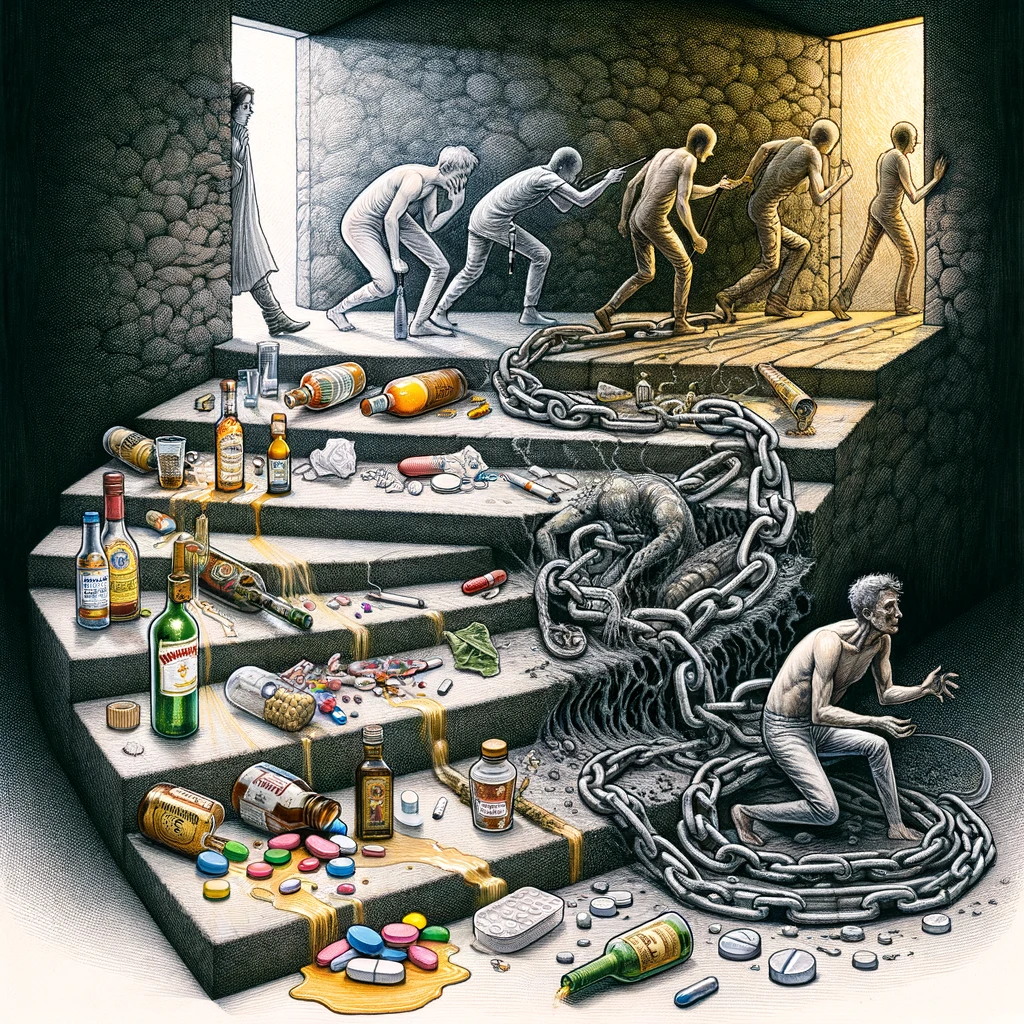The Dangers of Self-Medicating Stress: A Pathway to Addiction
In today’s fast-paced world, stress affects millions of people across the globe. Attempting to manage stress through self-medication—using substances without medical supervision to alleviate stress—can spiral into a dangerous habit, potentially leading to addiction. This blog explores why self-medicating to deal with stress is a poor choice and how it can pave the way for substance dependence.
Understanding Self-Medication
When people self-medicate, they use drugs, alcohol or other substances to cope with stress, anxiety, depression or other mental health issues. Individuals might turn to these methods to alleviate emotional or physical discomfort without realizing the long-term implications.
The Risks of Self-Medicating Stress
1. Temporary Relief, Permanent Problems
While substances might offer momentary relief from stress, they do not address the root causes. Over time, reliance on substances can develop as the body builds tolerance and the initial amounts no longer provide the same relief. In addition, without therapy or other professional help, the underlying issues will remain.
2. Increased Risk of Addiction
Repeated use of drugs or alcohol as a coping mechanism significantly heightens the risk of addiction. What starts as an occasional drink can quickly escalate to daily dependence, trapping individuals in a cycle of substance use and withdrawal symptoms.
3. Worsening Mental Health Conditions
Self-medication often worsens underlying mental health issues. Substances that initially seem to alleviate symptoms of stress or anxiety can exacerbate these conditions over time, leading to a dual diagnosis of substance use disorder and a mental health disorder.
4. Physical Health Decline
Chronic self-medication can lead to many physical health problems related to the substance(s) of choice, including liver disease, heart problems and neurological damage. The long-term impact on physical health can be devastating, further compounding the stress and anxiety the individual sought to escape.
Alternatives to Self-Medicating
Seeking healthy and sustainable coping methods to manage stress is crucial. Here are some alternatives:
- Professional Help: Consulting with a healthcare provider or a mental health professional can offer long-term solutions to stress management without the risk of addiction.
- Lifestyle Changes: Incorporating regular exercise, a balanced diet and adequate sleep can significantly reduce stress levels.
- Mindfulness and Relaxation Techniques: Practices such as meditation, yoga and deep-breathing exercises can effectively manage stress.
- Support Networks: Leaning on friends, family or support groups for emotional support can provide comfort and reduce the urge to self-medicate.
While chasing quick relief from stress through self-medication can be tempting, the risks far outweigh the temporary benefits. The path from self-medication to addiction is a slippery slope, fraught with long-term physical and mental health consequences. Recognizing the dangers of self-medication and opting for healthier stress management techniques is necessary for overall well-being. If you or someone you know is struggling with stress and leaning towards self-medication, reaching out for professional help can be a critical first step toward recovery and a healthier lifestyle.





